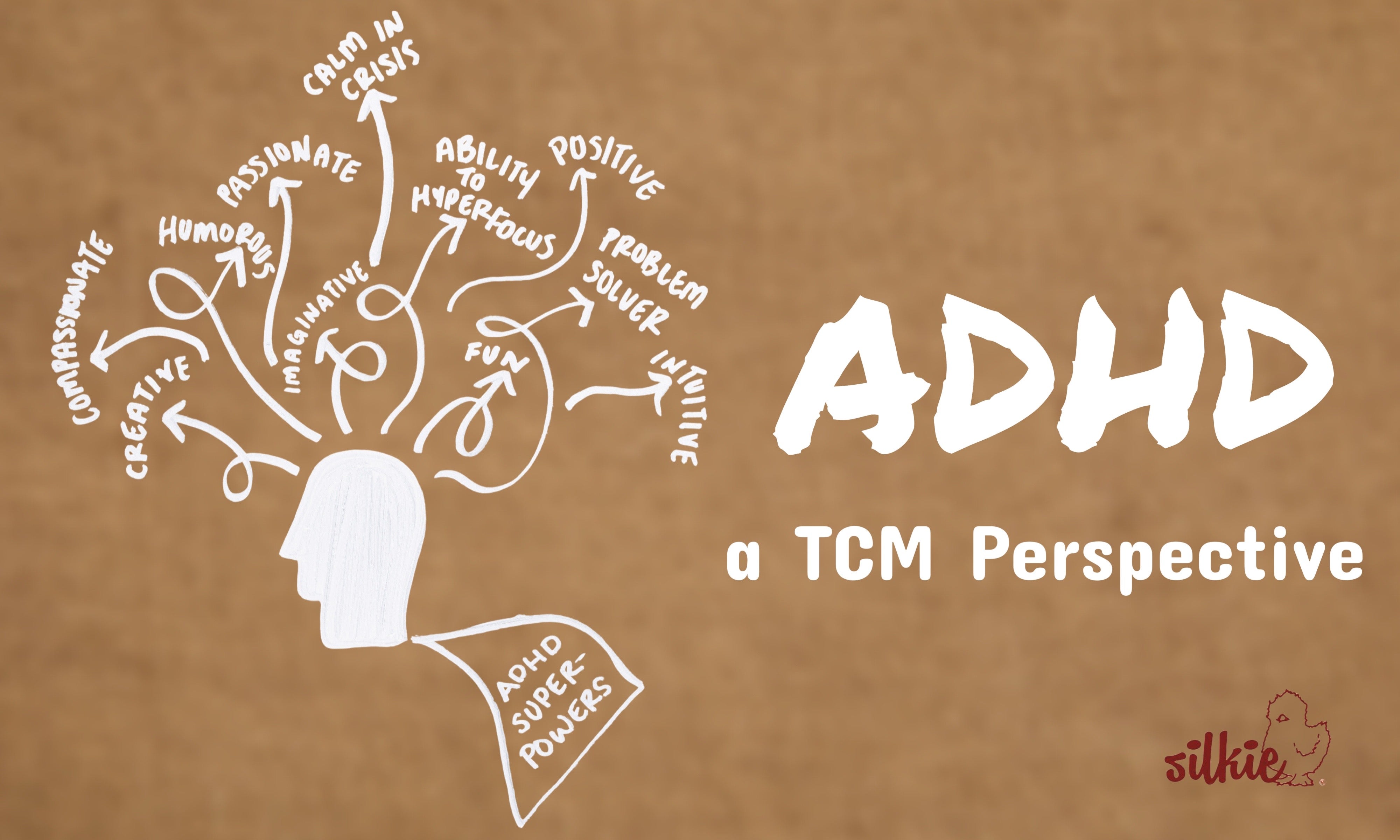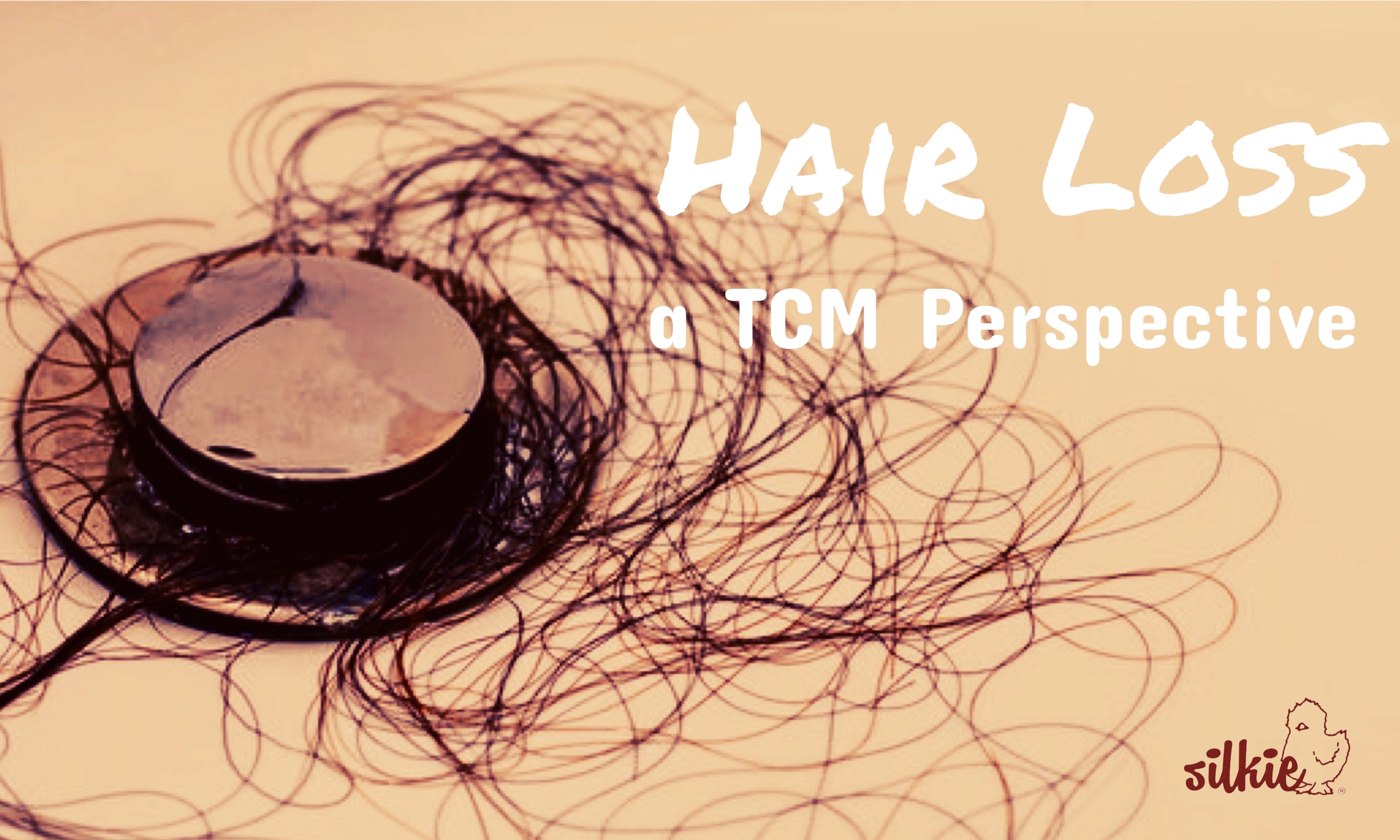Headaches

By Dr. Mickey Nguyen
Headaches can range from mild discomfort to gruesome pain that, sometimes for days, debilitates the victim with its ferocity. The World Health Organization notes that headaches are common in the world’s population and “can cause substantial personal suffering, impaired quality of life and high financial cost. Repeated headache attacks – and often the constant fear of the next one – can affect family life, social life and employment. Despite this, many people – including many health care professionals – tend to perceive headache as a minor or trivial complaint. As a result, the physical, emotional, social and economic burdens of headaches are poorly acknowledged.” 1
What causes headaches?
Headaches can be a complex condition that affect every individual differently. In Western Medicine, headaches are differentiated by primary or secondary causes. Primary causes are causes that are not related to any underlying medical conditions. These are categorized with terms such as tension, cluster, migraine, rebound, and sinus. Secondary causes of headaches are related to an underlying medical condition such as tumor, aneurysm, cervicogenic, trauma, spinal. As you can see, headaches can be quite complex in nature. The important thing to recognize is that not all headaches are the same. Traditional Chinese Medicine also categorizes headaches into different causes. The diagnosis however differs from Western Medicine in that TCM differentiates headaches into specific disease patterns that takes into account a variety of signs, symptoms and developments of the type of headache a patient may be experiencing.
There are many indications that go into the TCM diagnosis of a condition such as headaches. Let’s look at the key indications that are taken into account during your consultation that leads us to a proper diagnosis.
Onset helps us determine if there is an exterior or interior problem based on whether you experience an acute or gradual headache.
Timing, when the headache is most prevalent, can help pinpoint what sort of deficiency that is present in your body. Daytime headaches indicate Qi/Yang Deficiency, evening indicates Blood/Yin Deficiency, and night time indicates blood stasis.
Location of the headache is also quite important for an accurate TCM diagnosis. Where the headache is located falls within a variety of patterns. For example, headaches generalized to the whole head can indicate an exterior pattern. Headaches on the side and temples can indicate a Liver imbalance. Headaches primarily on the forehead can indicate Stomach or Yin heat issues.
The Type of Pain you experience is also another indicator of what particular imbalances are occurring in your body. A headache with a heavy sensation can indicate dampness. Paired with dizziness points to excess phlegm. Pain deep inside the head can indicate a Kidney deficiency and throbbing pain may be related to the Liver.
The external factors that Trigger your headache are also something we look at. If your headache is aggravated by cold, we look at cold patterns. If heat is a trigger, we suspect heat patterns. If fatigue and low energy trigger the headache this may be related to a deficiency in Qi. Headaches tied to emotional stressors can be related to the Liver and instances affected by sexual activity (exertion) can be related to the Kidney.
How TCM addresses headaches
In TCM, there’s no such thing as a “one size fits all” approach whether it is for headaches or any other condition. There are hundreds of combinations of patterns that can produce your specific headache. By identifying the individual patterns, we can pinpoint the actual root cause of your headache. At Silkie Herbs, we use customized versions of the Traditional Chinese herbal formulas that have been developed over generations. These formulations often include over a dozen individual herbs that work synergistically with one another to address the unique imbalances in YOUR body.




